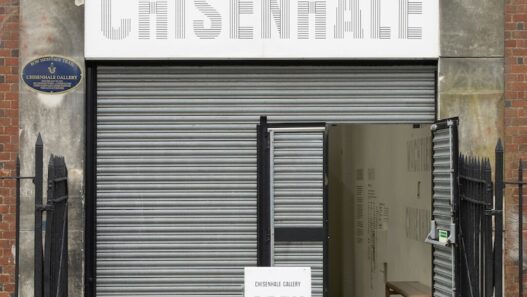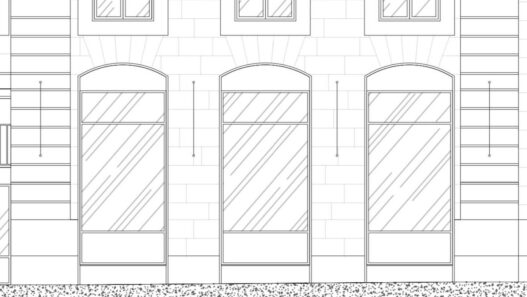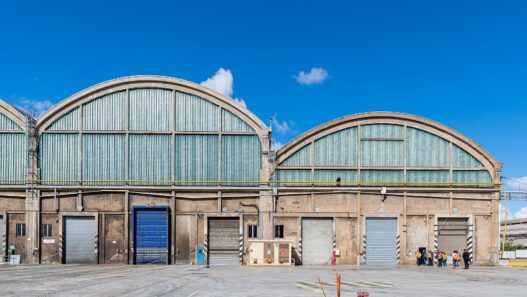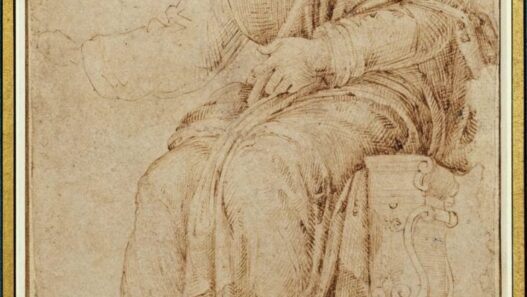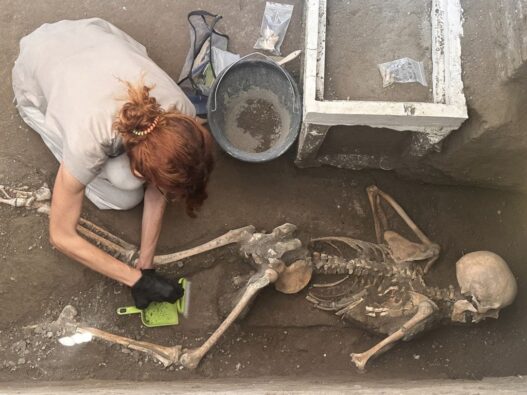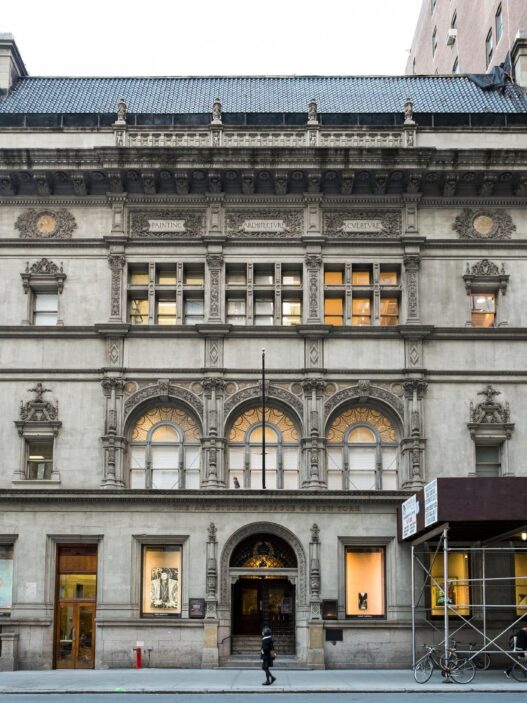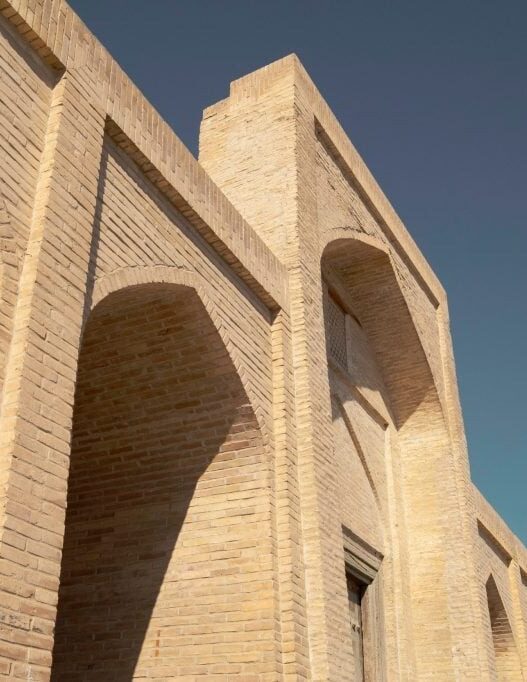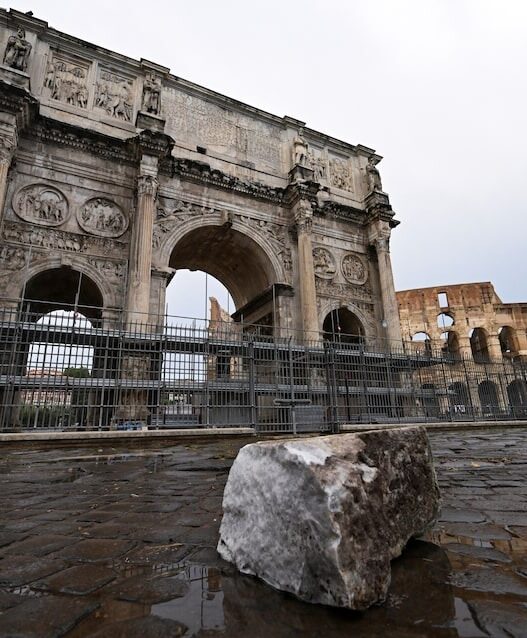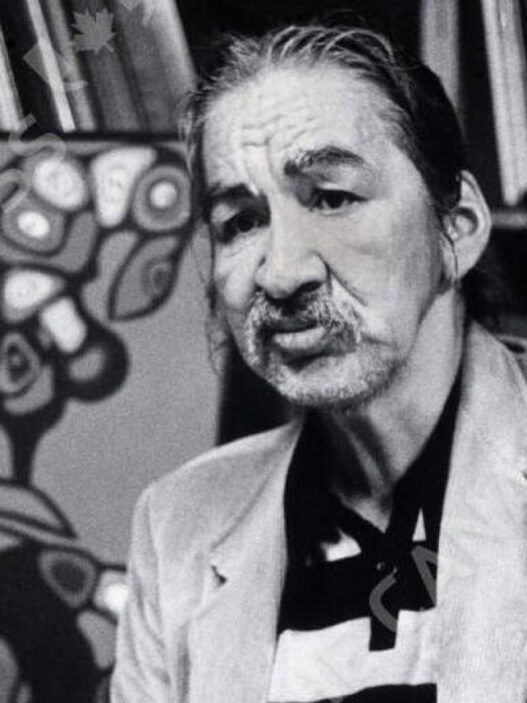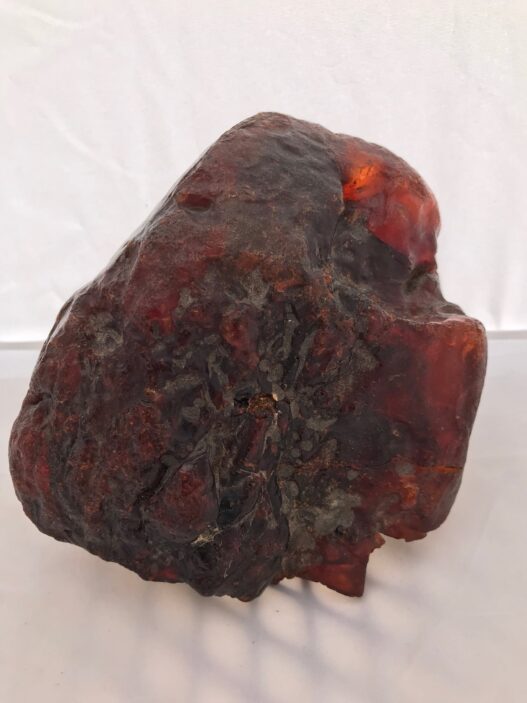Archaeologists have uncovered the remains of two additional victims of the catastrophic eruption of Mount Vesuvius at Pompeii, the ancient Roman city near Naples. On August 12, the Archaeological Park of Pompeii announced the discovery, which adds a new layer to the tragic history of the city that was buried under volcanic ash in 79 CE.
The skeletons, identified as a man and a woman, were found in a temporary bedroom during the renovation of a home in the ancient city. The woman was discovered lying on a bed, holding a small cache of treasure, including gold, silver, and bronze coins, as well as a pair of gold and pearl earrings. The man was found at the foot of the bed, both victims tragically trapped by the pumice that filled the adjoining rooms, cutting off their escape.
The catastrophic eruption of Mount Vesuvius killed thousands of residents, covering the city in a thick layer of ash that preserved much of Pompeii, including its inhabitants, buildings, and even the positions of furniture at the time of the disaster. The recent findings offer an intimate glimpse into the final moments of these two individuals and the lives they led.
Archaeologists were able to reconstruct the furnishings of the room where the bodies were found, using impressions left in the ash by decomposed organic matter. These impressions allowed the team to cast the voids and recreate items such as a wooden bed, a stool, a chest, and a marble-topped table adorned with bronze, glass, and ceramic objects. A large bronze branched candlestick holder was also found, having fallen over in the chaos of the eruption.
Gabriel Zuchtriegel, the director of the Archaeological Park of Pompeii, highlighted the significance of the discovery, stating that the analysis of these remains provides invaluable anthropological data. “This allows us to recover a considerable amount of information about the daily life of ancient Pompeiians and the micro-histories of some of them, with precise and timely documentation,” he noted, emphasizing the unique insights offered by the Vesuvian territory.
Zuchtriegel also expressed optimism for the future, pointing to significant developments expected from ongoing archaeological excavations. These advancements are made possible by recent investments announced by Italy’s culture minister, Gennaro Sangiuliano, which are likely to yield further discoveries in the coming years.


